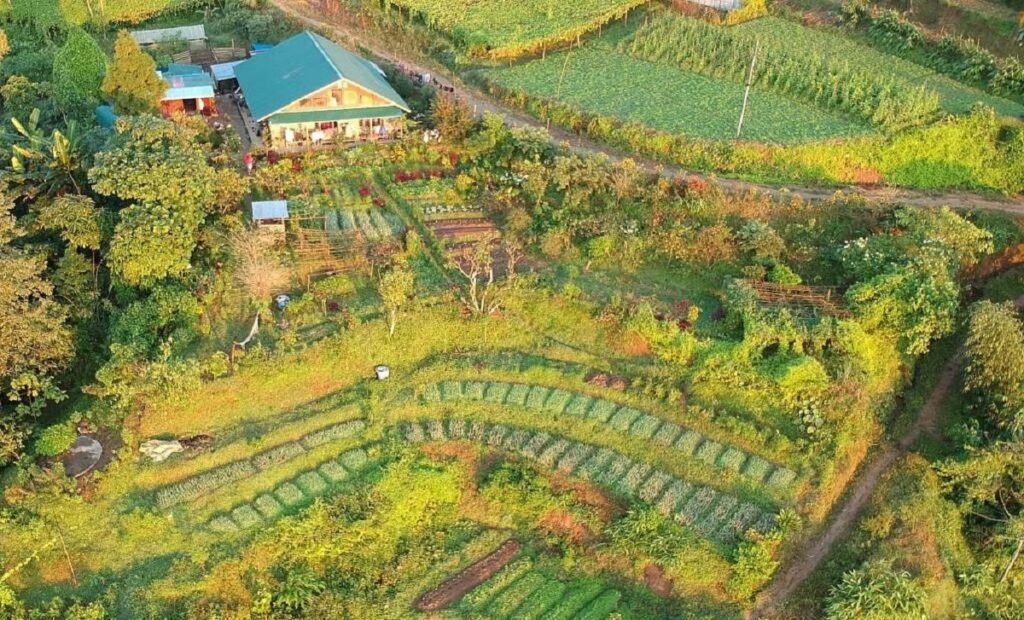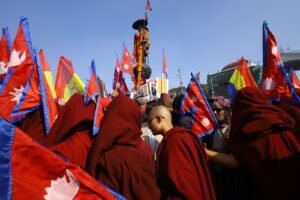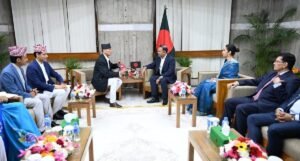The return of ‘Bethi’ after 40 years makes Dhankuta farmers happy

This year, the paddy plantation at Yatna Bahadur Katuwal’s farm in Mahalaxmi Municipality-2, Dhankuta, underwent a major transformation. The locals rallied excitedly to assist with the labor, in contrast to the monsoon season, recreating the custom of “Bethi,” which not only made planting rice simpler but also created a joyous atmosphere in the community. People came together to plant rice on the day of the Bethi, which was celebrated in the community. The 25 ropanis of paddy, which normally takes a week to complete, were finished in a single day by more than 100 people and nine pairs of oxen. With everyone participating joyfully and without asking anything in return, the event made it possible to plant half of the field in a single day.
Bethi, a traditional paddy plant, has returned to Dhankuta district for the first time in 40 years, with locals Padam Shrestha and Khoj Bahadur Shrestha reviving the tradition in their fields. The revival aims to revive enthusiasm for farming and preserve a vanishing culture, as more land is left uncultivated. Three Bethis took place in one year, bringing joy and renewal to a village in Dhankuta, Nepal. The tradition, which involved gathering, playing musical instruments, singing folk songs, and planting paddy seedlings together, has become rare since around 1983. Bethi village’s decline is attributed to demands for wages, benefits, and events, as well as the disappearance of traditional practices like Bethi and grain storage.





